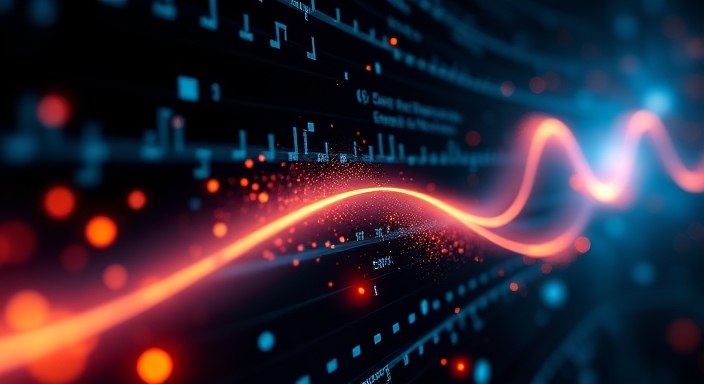Artificial intelligence (AI) is revolutionizing music production, allowing creators to compose, arrange, and master tracks faster and more effectively than ever before.
Whether you’re a professional producer or a beginner, AI-powered tools are breaking barriers to entry and opening up new creative possibilities.
In this blog post, we’ll explore the advantages and disadvantages of AI in music production, highlight usage rights, and introduce five of the best AI music platforms, including SUNO.
Top 5 AI Music Production Platforms
- Boomy
- What It Does: Boomy enables users to create original songs in seconds. With just a few clicks, you can select a genre, generate a track, and refine it to fit your preferences.
- Key Features: Predefined templates, genre customization, and automatic release to streaming platforms like Spotify and Apple Music.
- Ideal For: Beginners and content creators seeking quick, shareable tracks.
- AIVA (Artificial Intelligence Virtual Artist)
- What It Does: AIVA specializes in creating emotionally resonant compositions for films, ads, and games, offering a classical music edge.
- Key Features: Sheet music generation, multi-genre support, and advanced orchestration.
- Ideal For: Professional composers and filmmakers.
- Soundraw
- What It Does: Soundraw combines AI’s efficiency with user customization, letting creators fine-tune music to meet specific needs.
- Key Features: DAW integration, infinite variation options, and royalty-free licensing.
- Ideal For: Independent musicians and marketers.
- SUNO
- What It Does: SUNO offers advanced composition and voice synthesis capabilities, generating not just instrumental tracks but also vocal elements.
- Key Features: Real-time music creation, natural-sounding AI vocals, and cross-genre versatility.
- Ideal For: Producers and independent artists exploring vocal synthesis.
- Ecrett Music
- What It Does: Perfect for video creators, Ecrett provides scene-based background music tailored to specific moods and visuals.
- Key Features: Intuitive interface, rich library of instruments, and royalty-free tracks.
- Ideal For: Video editors and small business owners.
The Pros of AI Music Production
- Speed and Efficiency
AI reduces time spent on repetitive tasks like beat-making and mastering, enabling faster turnaround. - Accessible to All
No formal musical training? No problem. AI tools make professional-quality production available to beginners. - Cost Savings
Producing tracks without expensive studio equipment or musicians makes AI an economical option. - Enhanced Creativity
AI can generate novel ideas and combinations, sparking inspiration for creators.
The Cons of AI Music Production
- Limited Emotional Nuance
AI often struggles to replicate the emotional depth and complexity of human-created music. - Generic Output
Over-reliance on AI can result in repetitive or unoriginal compositions. - Ethical and Artistic Concerns
Critics argue that AI undermines traditional artistry, potentially displacing human musicians.
Usage Rights and Copyright Considerations
- Commercial Licensing
Most platforms, like Boomy and Soundraw, provide royalty-free licensing, granting users rights to their AI-generated tracks for personal or commercial use. - Ownership Clarity
While users can utilize the generated content, the AI algorithms themselves remain proprietary. Always read the terms of service to understand your rights. - Copyright Ambiguity
Laws regarding AI-generated music are still evolving, raising questions about who truly owns the intellectual property.
Conclusion
AI is revolutionizing music production by offering speed, accessibility, and cost-effective solutions while unlocking new creative potential.
Whether you’re crafting tracks for personal enjoyment, marketing campaigns, or professional projects, platforms like Boomy, AIVA, Soundraw, SUNO, and Ecrett Music can transform your workflow.
However, navigating the legal and ethical complexities of AI music is crucial for responsible use.
By staying informed about ownership and licensing issues, you can make the most of this exciting technology while respecting artistic integrity.
Ready to explore the future of music production? Let us know your thoughts in the comments!
